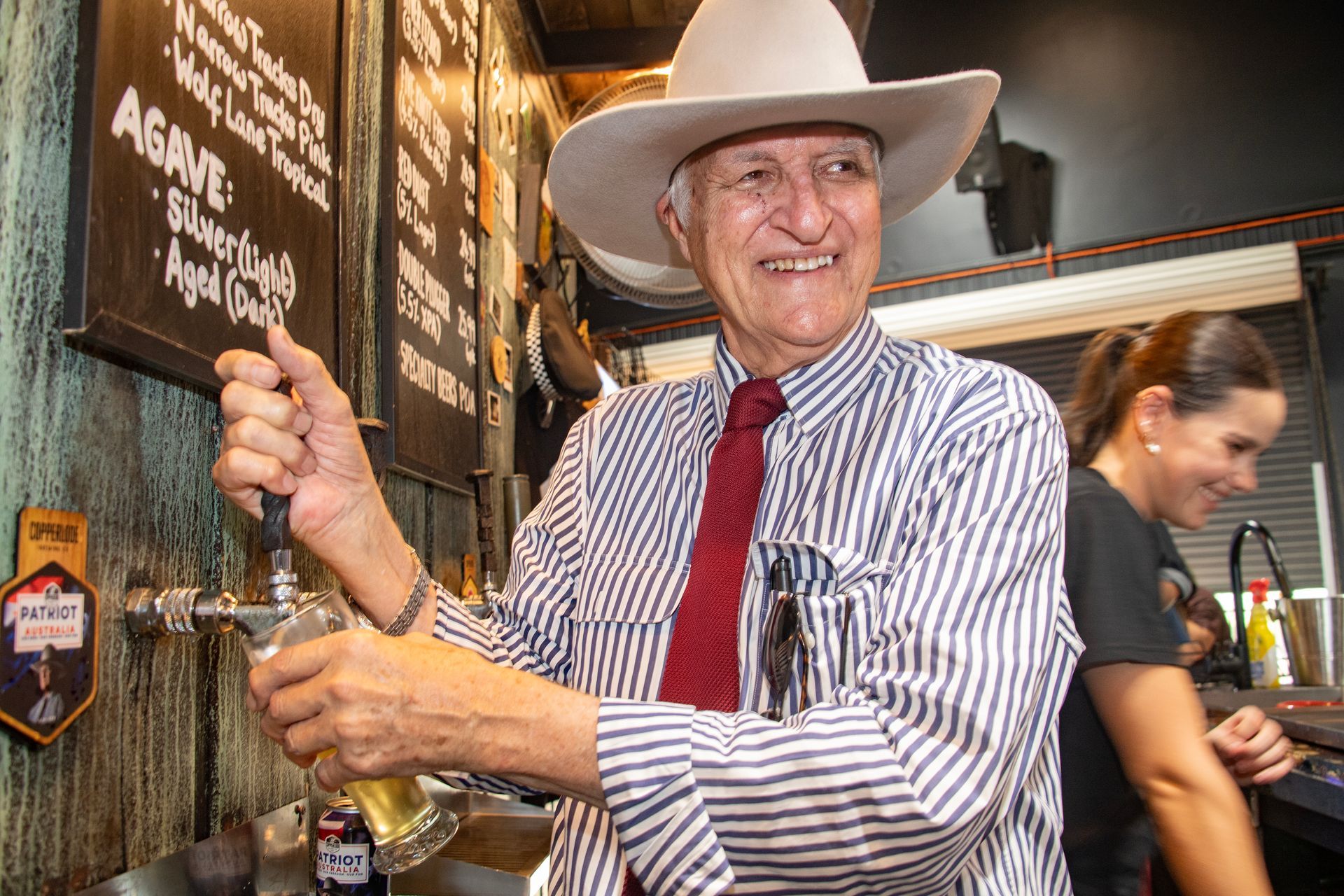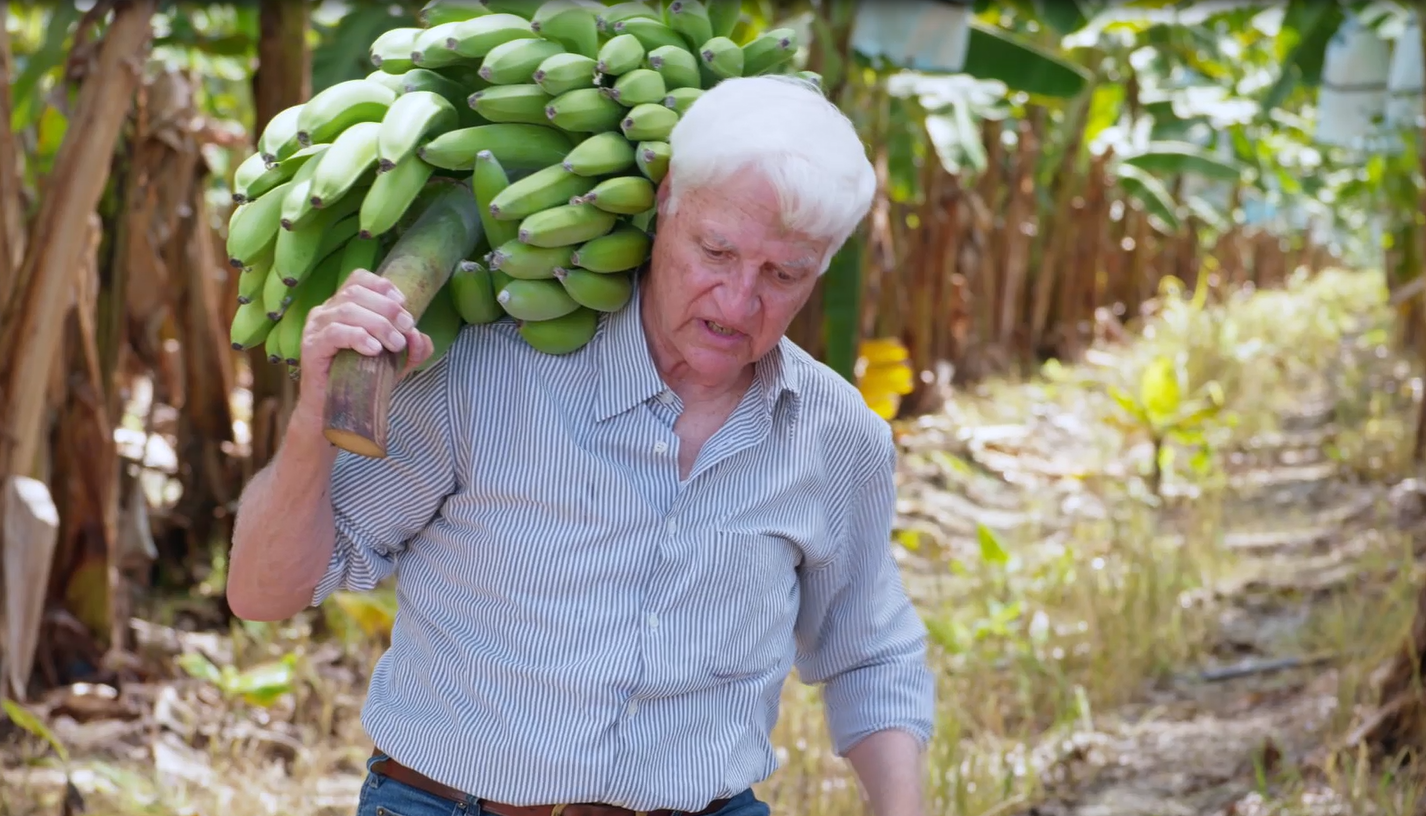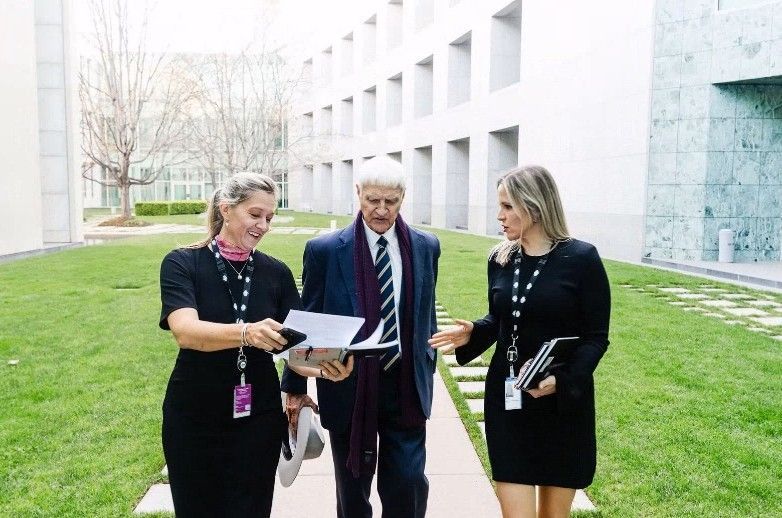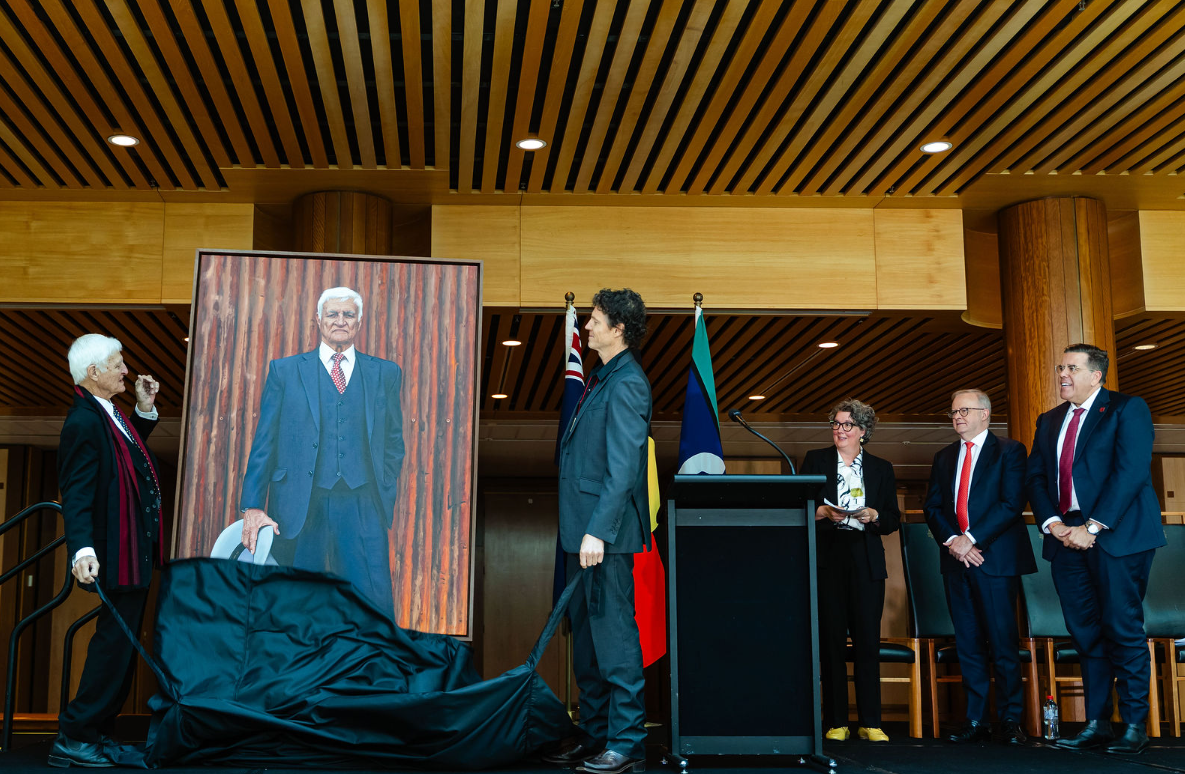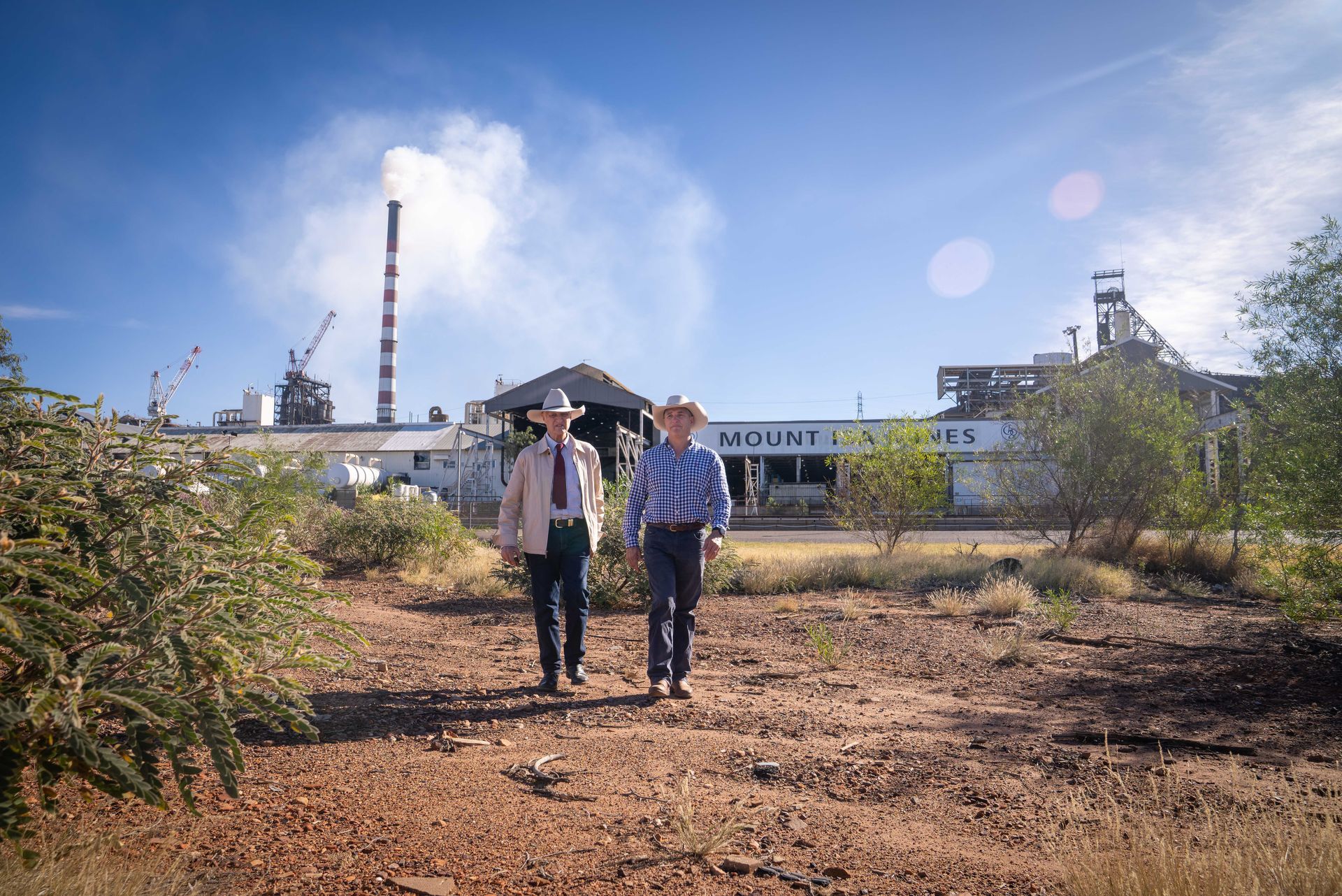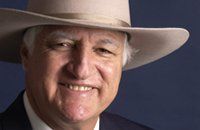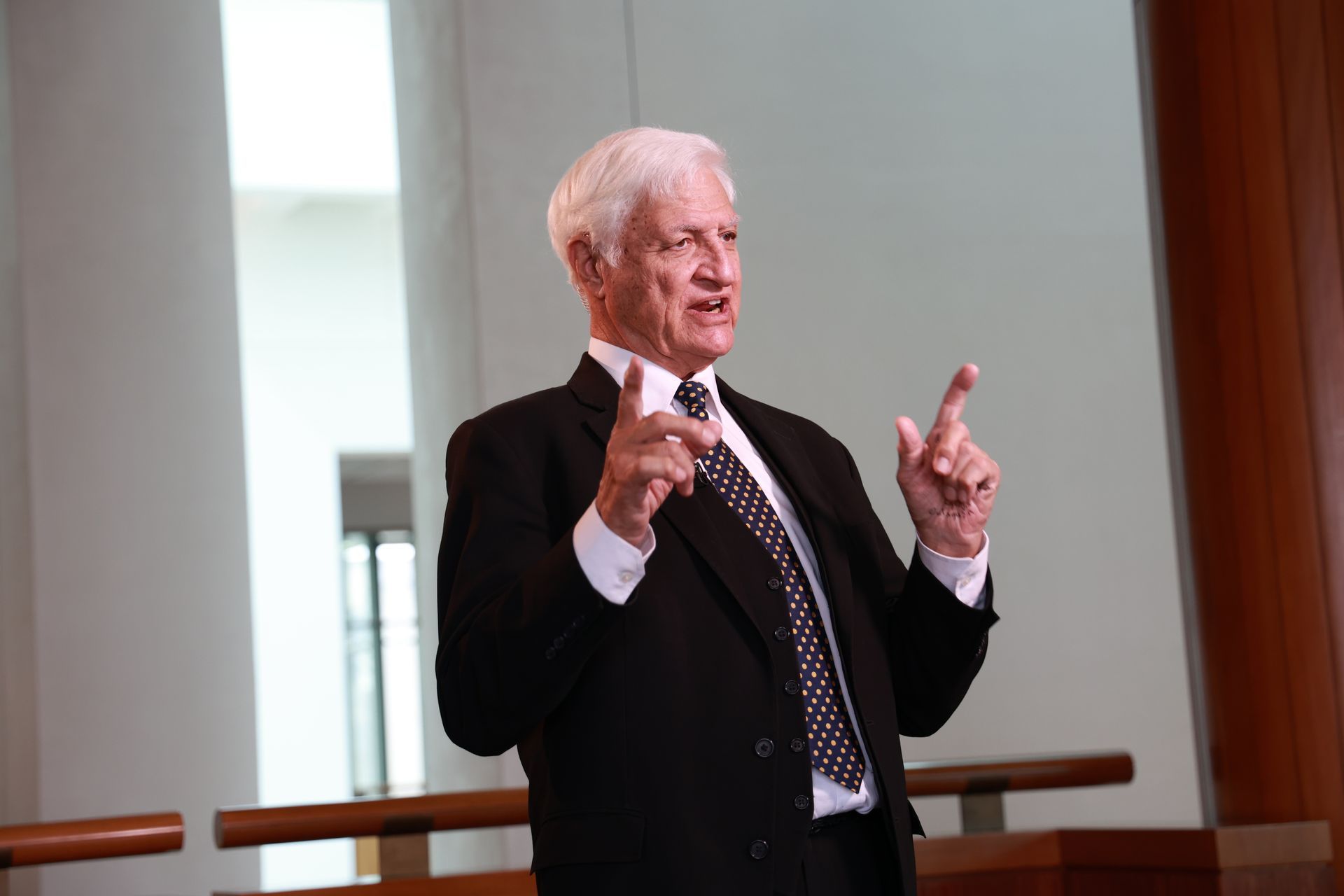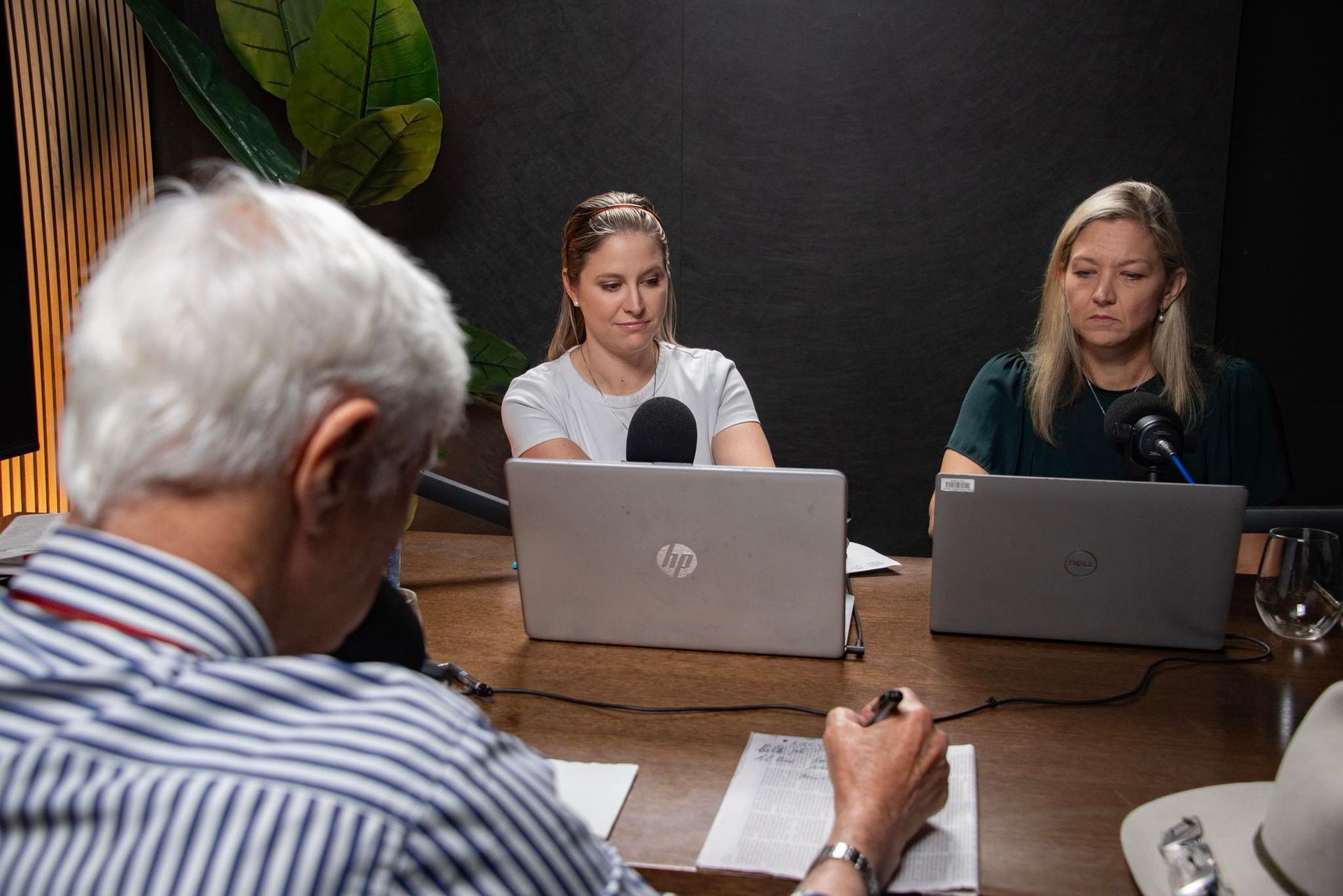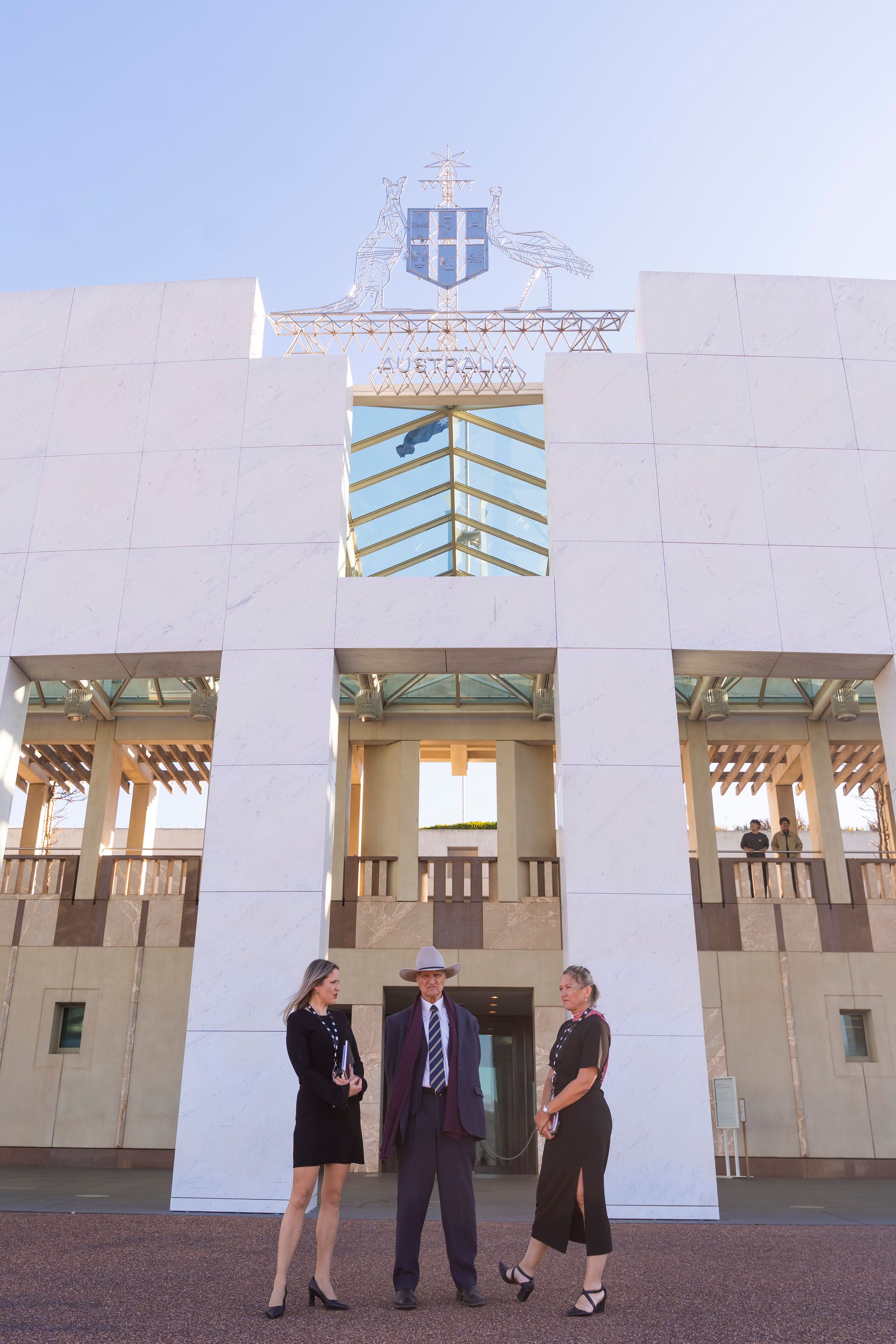Budget 2021 lacks bold vision for North Queensland: Bob Katter
KENNEDY MP, Bob Katter has criticised the Federal Government’s 2021 Budget for lacking bold vision, with the plan containing no new funding for major, economic driving infrastructure.
Major Infrastructure
Mr Katter said he was disappointed there was no new funding for the Copperstring 2.0 transmission line that will connect the North West Minerals Province to the national electricity grid, bringing down energy costs for major mines and refineries in the Mount Isa/Cloncurry region, once built.
“This Government has found money for tax relief for 1000 small brewers and distillers, but no additional funding for Copperstring. I’m starting to think they’ve been on the drink,” Mr Katter said.
“The budget shows Australia is heading for $1 trillion of net debt in the next few years, and we need to be building infrastructure to create revenue that brings that figure down.
“Make-money infrastructure is what we need; transmission lines that open new mines and refineries, irrigation dams that create more farms and industry, and roads that connect ports to new regions. We don’t want absorb-money projects like an Olympics in Brisbane, ring roads in Melbourne or airport train lines in Sydney.”
Mr Katter is still hopeful of funding for projects like Copperstring through the Northern Australia Infrastructure Facility (NAIF) but believes it will need to be topped up as $2.8b of the $5b fund has been committed (as at 25 March 2021).[1]
Water
Mr Katter was buoyed by the continued commitment of funding for the Hughenden Irrigation Project (HIPCO), Big Rocks Weir and Hells Gates Dam, which have either undergone or are undergoing business case studies.
“These studies and processes are part of the modern world we live in, but if I had my way the bulldozers would-be on-site tomorrow,” he said.
Roads
Roads were the big winner for the Kennedy electorate in the budget with a significant amount of money allocated for the western parts of the electorate. Including:
• $400m for the Inland Freight Route (Mungindi to Charters Towers) Upgrades
• $26.1m Flinders Highway strengthening and widening between Cloncurry and Julia Creek
• $18.4m Flinders Highway overtaking lanes between Townsville and Charters Towers and $7.8m for wide centre line treatment on the same stretch of
Highway
• $12.2m Gregory Developmental Rd (Charters Towers - The Lynd) widening
Mr Katter said he was disappointed no money was allocated for planning of a new road from Cairns to Mareeba (Atherton Tablelands), commonly known as the Kuranda Range Bypass or Bridle track.
“However, my office is continuing to negotiate with the State and Federal Ministers,” he said.
“A Queensland Govt study is underway; and once complete we will seek to get federal funding for design and engineering work. We currently have 60,000 residents trapped. It’s not an acceptable situation.”
Disaster, Insurance & Weather
Mr Katter said it was excellent to see confirmation of the $10b government guarantee to make insurance more affordable in Northern Australia, with $2.4m allocated for a taskforce to establish a reinsurance pool by July 2022.
“It’s now a major priority for the KAP to ensure that this reinsurance pool is not derailed,” he said.
“I will be working closely with the local brokers to ensure we get the right outcome. I’m placing the Government on notice.”
The cost of Cyclone Niran, which did extensive damage to banana crops between Tully and Babinda, was revealed in the Budget. $5m has been allocated for grants to primary producers who were affected, with individual growers able to receive $75,000 each.
“Banana growers like Frank and Dianne Sciacca, and Dean Sinton deserve a huge congratulations for this funding,” Mr Katter said. “If it wasn’t for their determined fight, we wouldn’t have these grants.”
The new Greenvale BOM rain radar will be operational ahead of the oncoming wet season.
Health
In a breakthrough for regional areas like the Kennedy Electorate, for the first time the Government will implement a progressive incentive schedule, which increases bulk billing payments for doctors based on remoteness. The $68.5m scheme has been welcomed by Kennedy MP, Bob Katter.
“I’ve been consulting numerous doctors in my area including Mareeba’s Dr Grant Manypeney and Gordonvale’s Lisa Fraser, and this is exactly what we wanted. I’ll be meeting the Health Minister this month to go over the exact details, but this is very promising. Under the previous scheme areas like the Gold Coast were considered the same as Hughenden.”
Media
The Australian Associated Press (AAP) will receive $15.0 million over two years from 2020-21 to support the financial sustainability of its news wire and regional news reporting service.
Mr Katter wrote several letters to the Communications Minister about the future of AAP and said he was relieved to see the funding in the budget.
“Regional journalism has taken a big hit, so we need all the assistance we can get,” he said.
“AAP has established a bureau in North Queensland due to this funding so it’s excellent to see certainty around its future. We need reporters keeping the b**tards honest, and we need our stories and concerns amplified to the rest of the country.”
Communications
$68.5m has been allocated in dedicated funding over the next two years 2021-22 to deliver the Regional Connectivity Program and the Mobile Black Spot Program in Northern Australia.
“When I travel around my electorate, especially the far-flung parts, telecommunications problems are the number one issue raised with me,” Mr Katter said.
“I’ve worn out the carpet visiting the Minister and it’s great to see recognition with budget funding. My office will be working closely with the Minister to ensure this funding is well spent.”
Veterans
Mr Katter welcomed the $174.2m over two years from 2021-22 for a Royal Commission into Defence and Veteran Suicide.
“It’s essential that we get solutions out of this Royal Commission,” he said. “I’m proposing a veterans workforce cooperative that would link soldiers leaving the military with jobs and a career.”
First Australians
Mr Katter has long advocated for market gardens in First Australian communities in North Queensland to combat high rates of diabetes and malnutrition.
Whilst there’s no specific funding for these initiatives in the budget, there is $10m over two years to support existing Indigenous enterprises and community organisations in the primary industry and land management sectors to expand or improve viability.
Mr Katter has been working with residents in Yarrabah to establish market gardens and farming enterprises and hopes they can tap into this funding.
“I am meeting with Minister Wyatt in the next parliamentary sitting and will be raising these issues directly,” he said.
“The statistics for First Australians are horrendous and if they reached the United Nations, we would become the South Africa of the 21st Century. Life expectancy rates in the community areas are nearly half that of the average Australian. The Government must get off its tailbone.”
Fuel Security
Mr Katter said fuel security measures announced it the budget were laughable and made a mockery of Australia’s sovereignty and so-called ability to defend itself.
The budget outlined a refinery production payment to help maintain Australia’s refining capability, and support to assist the refiners to conduct infrastructure upgrades. The budget also outlined $50.7m to establish a new fuel security framework.
“We only have two refineries left (the others have closed) and they refine a miniscule amount of fuel that is often not from an Indigenous source,” he said.
“We need to build a brand new, major, economies-of-scale refinery right here in Australia. The Government must also consider a nationwide ethanol mandate, coal to diesel technology, electric vehicles in the cities and waste to diesel technology - developed by Wagga’s Southern Oils.”
Environment
$29.1m of additional funding will be invested to protect native species from the threats posed by invasive pest animals and weeds in the native environment.
Mr Katter met with the Environment Minister about feral pigs and prickly acacia weed in a pre-budget meeting, but says more funding is required to control the problems associated.
-ENDS –
